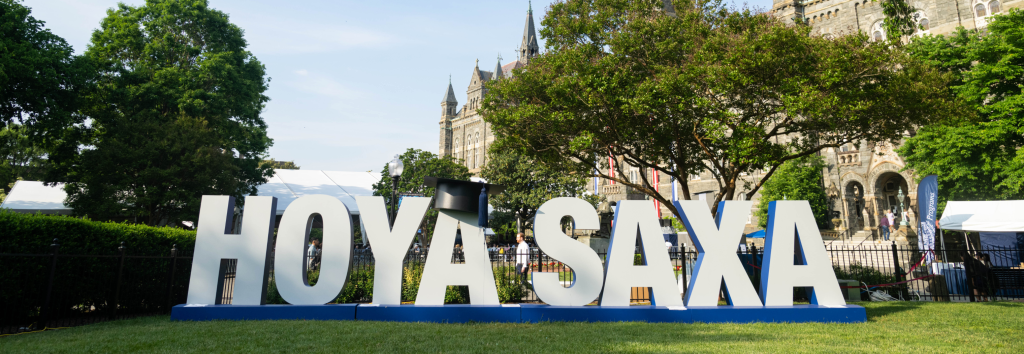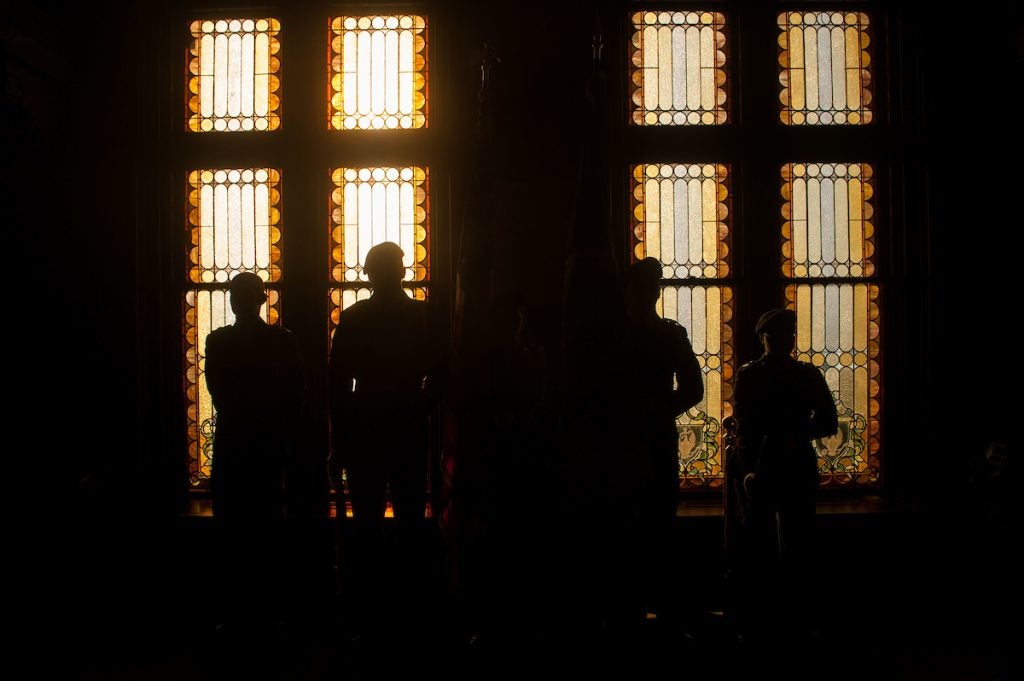Summer Conference at Georgetown Addresses Future of the Humanities in Higher Education
This summer, Georgetown faculty and more than 100 higher education leaders in the humanities from across the country convened on the Hilltop for the Modern Language Association’s (MLA) 2023 Summer Seminar.
The gathering, Centering the Humanities, focused on the intersection of the humanities with social and cultural discourse on both college campuses and the wider world.
Ricardo Ortiz, former president of the Association of Departments of English (ADE) and current director of the Master of Arts in Engaged & Public Humanities program in the Graduate School of Arts & Sciences, organized the event with the MLA. The university’s distinctive profile within the humanities and its innovative approaches to teaching and research made it the ideal location for the MLA’s Summer Seminar, Ortiz said.
The three-and-a-half-day seminar, which Georgetown graduate students in the humanities also attended, helped demonstrate how centering the humanities matters for both students and faculty at-large.
“It gave us a chance to showcase the best of Georgetown: from the promise of our Humanities Initiative and new M.A. in Engaged and Public Humanities program, to the more established accomplishments of our Faculty of Languages and Linguistics and our Department of English, to the innovations in teaching generated out of CNDLS and the Red House,” Ortiz said.
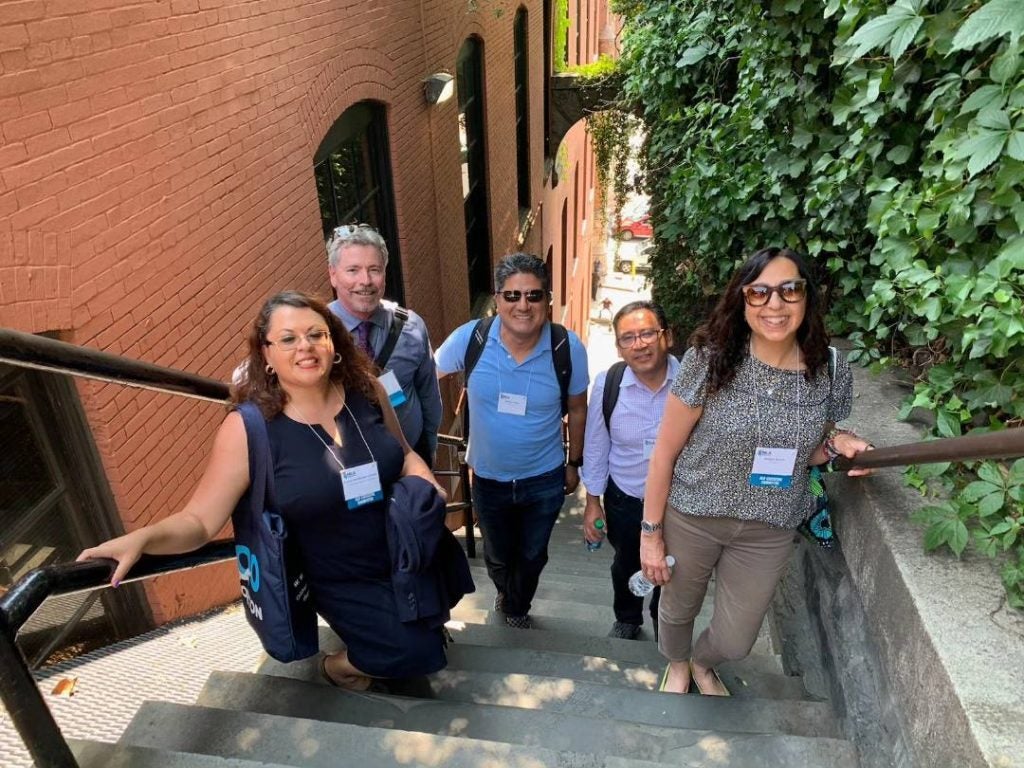
Photo Credit: Araceli Hernández-Laroche
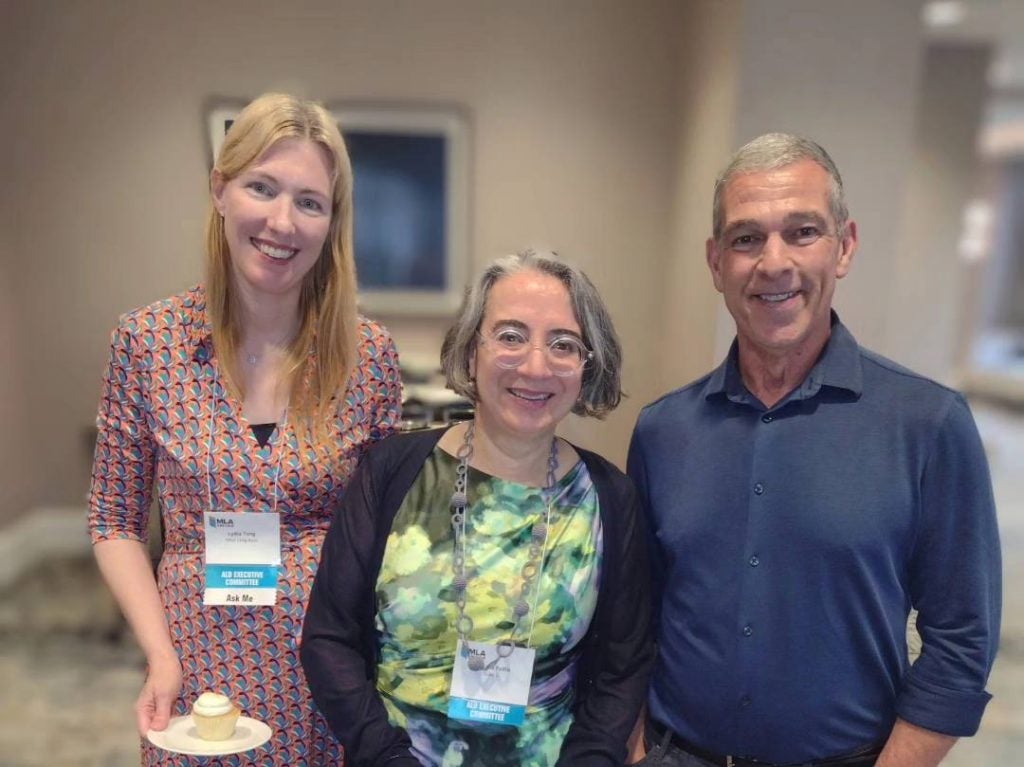
Photo Credit: Araceli Hernández-Laroche

Photo Credit: Araceli Hernández-Laroche
Humanities and the Influence of AI
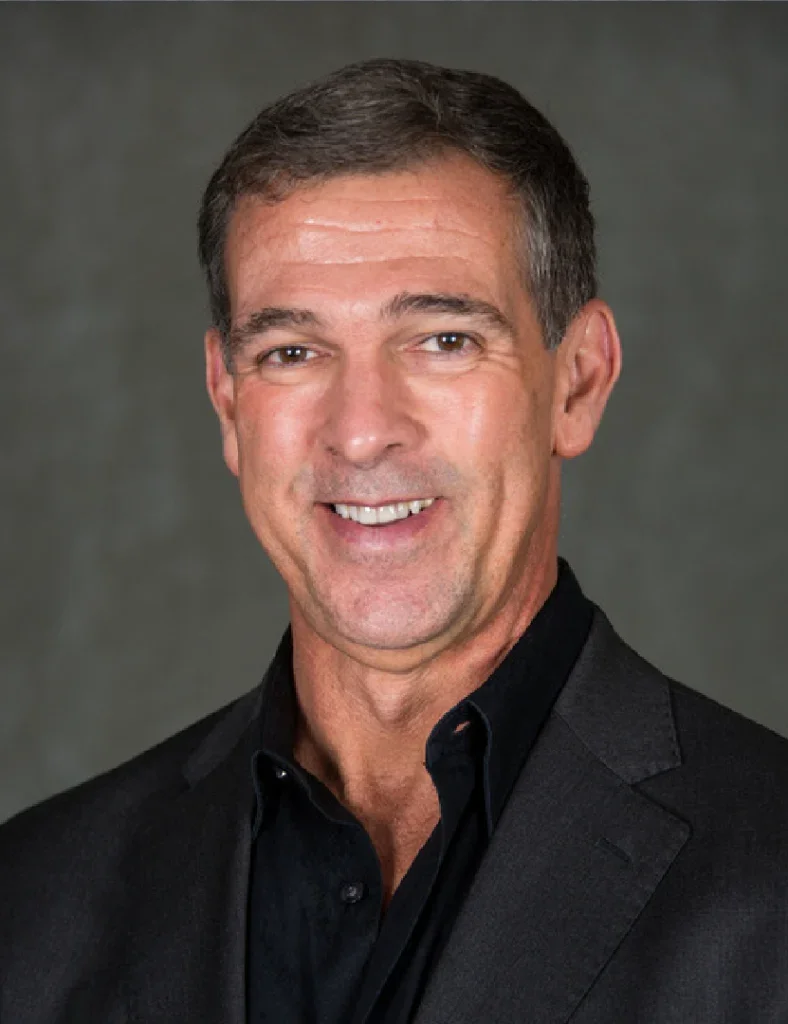
Ricardo Ortiz
Bringing together multiple higher education institutions and humanities organizations to Georgetown was no small feat. Ortiz, who has been on faculty in the Department of English since 1998, specializes in U.S. Latinx literature and culture. He’s held various leadership roles at Georgetown, and his appointment as president of the ADE in 2022 marked his prowess as an advocate for the field he’s spent over 25 years in.
“The conference theme […] allowed for a capacious, imaginative variety of keynotes, plenaries and smaller working sessions that ranged from the practical work of running departments and supporting faculty and students to the more aspirational work of marshaling the humanities’ unique capacities not just to know, to critique, and to understand, but also to affect and to serve and to change the world we all share,” Ortiz said.
A number of Georgetown faculty presented at the seminar, including Maureen Corrigan, a professor in the Department of English and the Nicky and Jamie Grant Distinguished Professor of the Practice in Literary Criticism; Eddie Maloney, executive director of the Center for New Designs in Learning & Scholarship and professor of the practice in the Department of English; Nicoletta Pireddu, inaugural director of the Georgetown Humanities Initiative and professor in the Department of Italian Studies; and Soyica Colbert, vice president for interdisciplinary initiatives and Idol family professor in the Department of Performing Arts, who shared a closing reflection at the conference.
“ChatGPT and other LLMs have the potential to dramatically alter how we think about writing and about knowledge production.”
– Eddie Maloney
“The conference was an excellent opportunity to showcase Georgetown’s work in the languages and literatures,” Maloney reflected. “Ricardo did a wonderful job bringing together colleagues from across campus to help support the event. It was truly gratifying to see so many colleagues participate in discussions about the future of the field.”
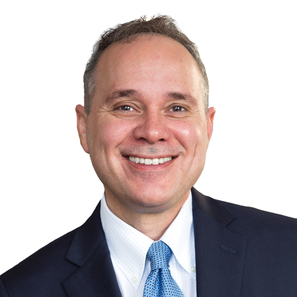
Eddie Maloney
Maloney presided over the opening plenary session, Centering the Humanities in the Age of AI, and expressed how hearing from panelists who teach in schools from across the country, that it “was an eye-opening discussion of both the challenges and the possibilities of AI for our work.”
In the age of AI and ChatGPT working against the deeper pedagogical learnings from humanities programs, Maloney also noted that, “Generative AI built on large language models (LLMs) is on the mind of everyone in higher ed these days. It’s especially challenging for disciplines whose work centers around writing and language.”
“ChatGPT and other LLMs have the potential to dramatically alter how we think about writing and about knowledge production,” Maloney said. “The panel was an opportunity to explore some of those challenges, including what it might mean for scholarship for humanities scholars.”
Lessons from Linguists
Katya Soloveva (G’24), an international doctoral candidate in the Department of German, attended several discussion groups and plenary sessions throughout the conference. She took advantage of the networking opportunities to meet academics and industry professionals to help her better navigate the U.S. job market as well as academia and the humanities. In particular, Soloveva found the plenary session on Centering the Humanities Beyond the Department valuable, particularly in the vital role the humanities play.
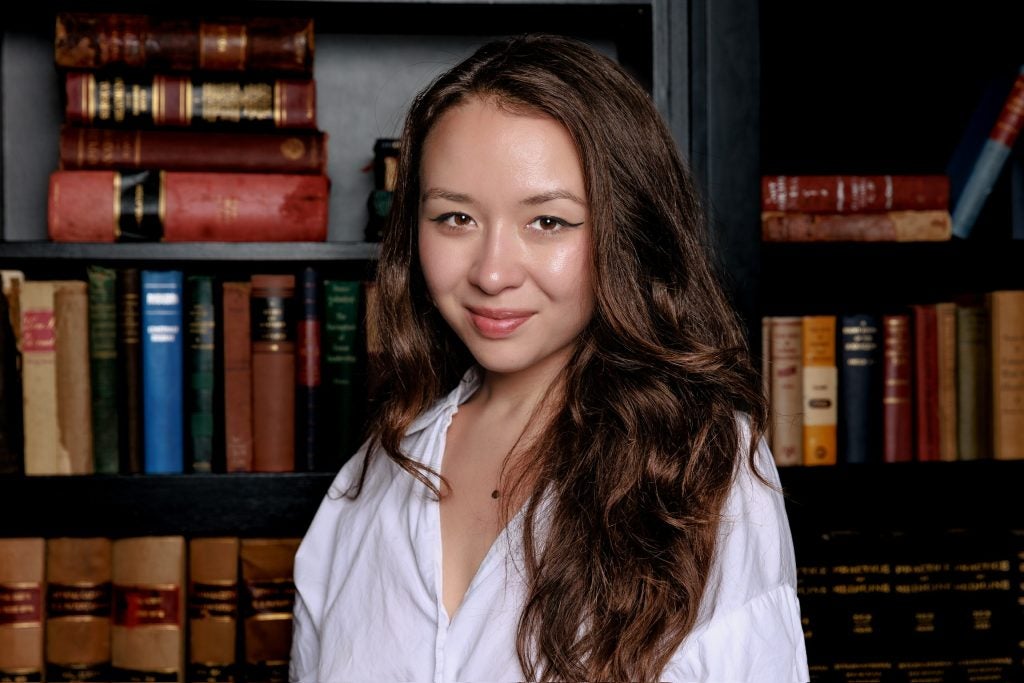
Katya Soloveva
“While technology and STEM help to build the future, the humanities play an important role in allowing this future to be sustainable and have a place for thinking, empathy and an appreciation for cultural diversity,” Soloveva said. “[Learning] how embedded the humanities can be with other more popular disciplines such as business or engineering can make students be [more] interested in humanities and care about the impact behind it.”
The conference also demonstrated to Soloveva the importance of Georgetown’s own commitment to cura personalis – care of the whole person – and how humanities-associated initiatives and programs are impactful within the wider professional world.
After attending the seminar events, Rachel Milito (G’27), a doctoral student in the Department of Spanish and Portuguese, found that many universities are taking resources and attention away from the humanities. And at the same time, they’re also “getting creative and expanding their outlook into interdisciplinary and community-based approaches to capture and maintain the engagement of students,” she said.
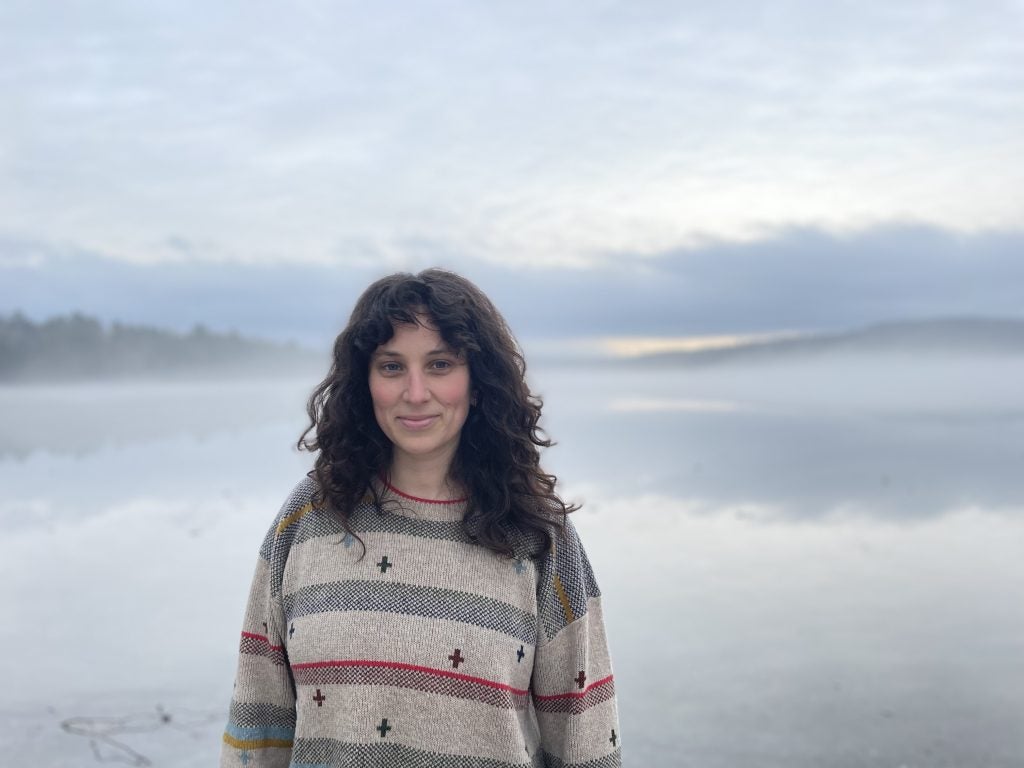
Rachel Milito
“I see a great deal of promise for the humanities in the community, especially in these times of increasing political and social disconnection.”
Milito said she plans to apply a simple lesson from the conference into her work: to be curious and ask how one’s research can involve and serve community members outside academia.
Solveva echoed that sentiment. “Academia may feel lonely and isolating sometimes, but […] there is never going to be a shortage of jobs for someone who is a creative, enthusiastic and proactive forward thinker [who] can apply their skills and knowledge effectively and creatively.”
Humanities in the World
Pireddu, director of the Georgetown Humanities Initiative, spoke at the same plenary session Soloveva attended. She noted that it provided a wealth of perspectives on humanities programming from a diverse array of institutions and contexts.
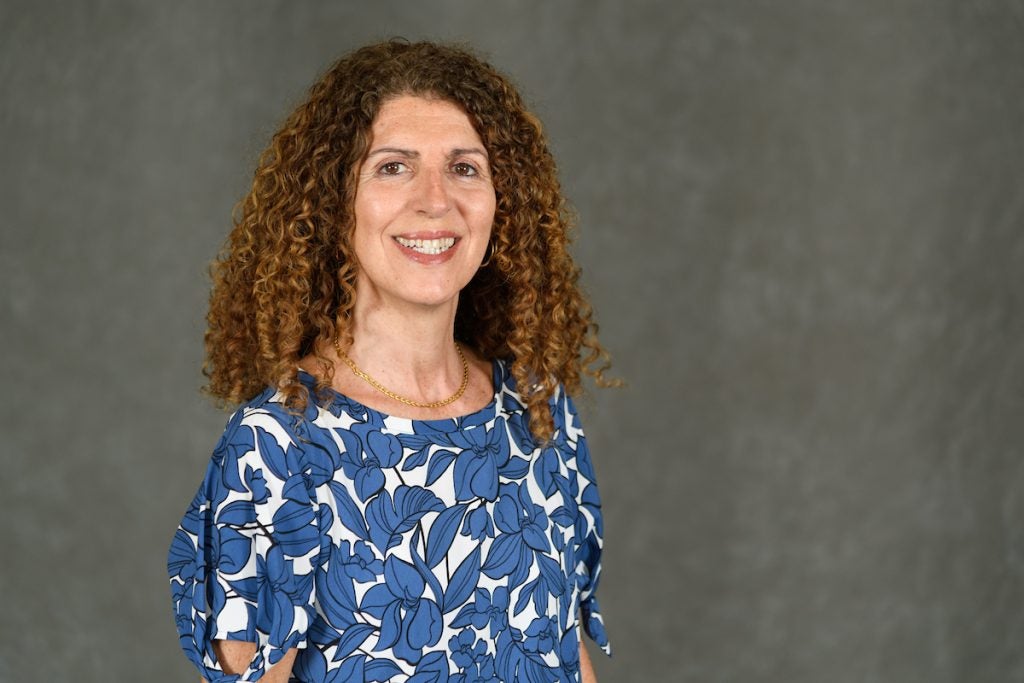
Nicoletta Pireddu
“The seminar offered us three intense and stimulating days, full of invigorating exchange on pedagogy, scholarship, leadership and advocacy in foreign languages, literatures and the humanities at large,” Pireddu said. “I was very pleased by the turnout of faculty and graduate students and my experience as [a] speaker and attendee was truly enriching.”
In particular, Pireddu found the conference to be impactful in highlighting the supportive nature of humanities disciplines and the exchange of ideas amongst faculty to discuss both challenges and opportunities for the future of the field.
“Georgetown’s collaboration with the MLA for the Summer Seminar ‘Centering the Humanities’ is very significant now that we have launched numerous new humanities initiatives on campus. The MLA praised our efforts and looks forward to other innovative future partnerships.”
For Georgetown participants and the wider academic community, the conference provided a refreshing emphasis on the value of the humanities in an ever-changing world.
“Despite being quite a broad term, the humanities are a concept that is easy to grasp because understanding the humanities is vital for understanding and interpreting various aspects of human existence, experience and creativity,” said Soloveva. “With technology overpowering the current world and moving at a very high speed, I see the humanities being important like never before, because this field fosters a deeper understanding of ourselves and the world we inhabit.”
“I see the humanities being important like never before, because this field fosters a deeper understanding of ourselves and the world we inhabit.”
– Katya Soloveva
– By Jessica Marr (G’19) and Hayden Frye (C’17)

